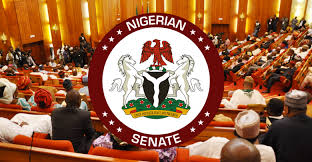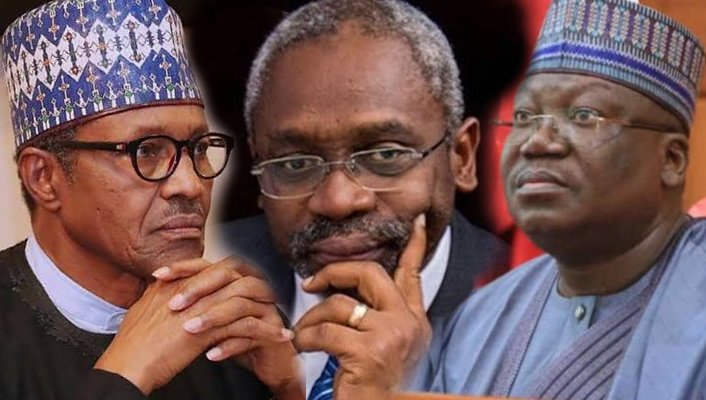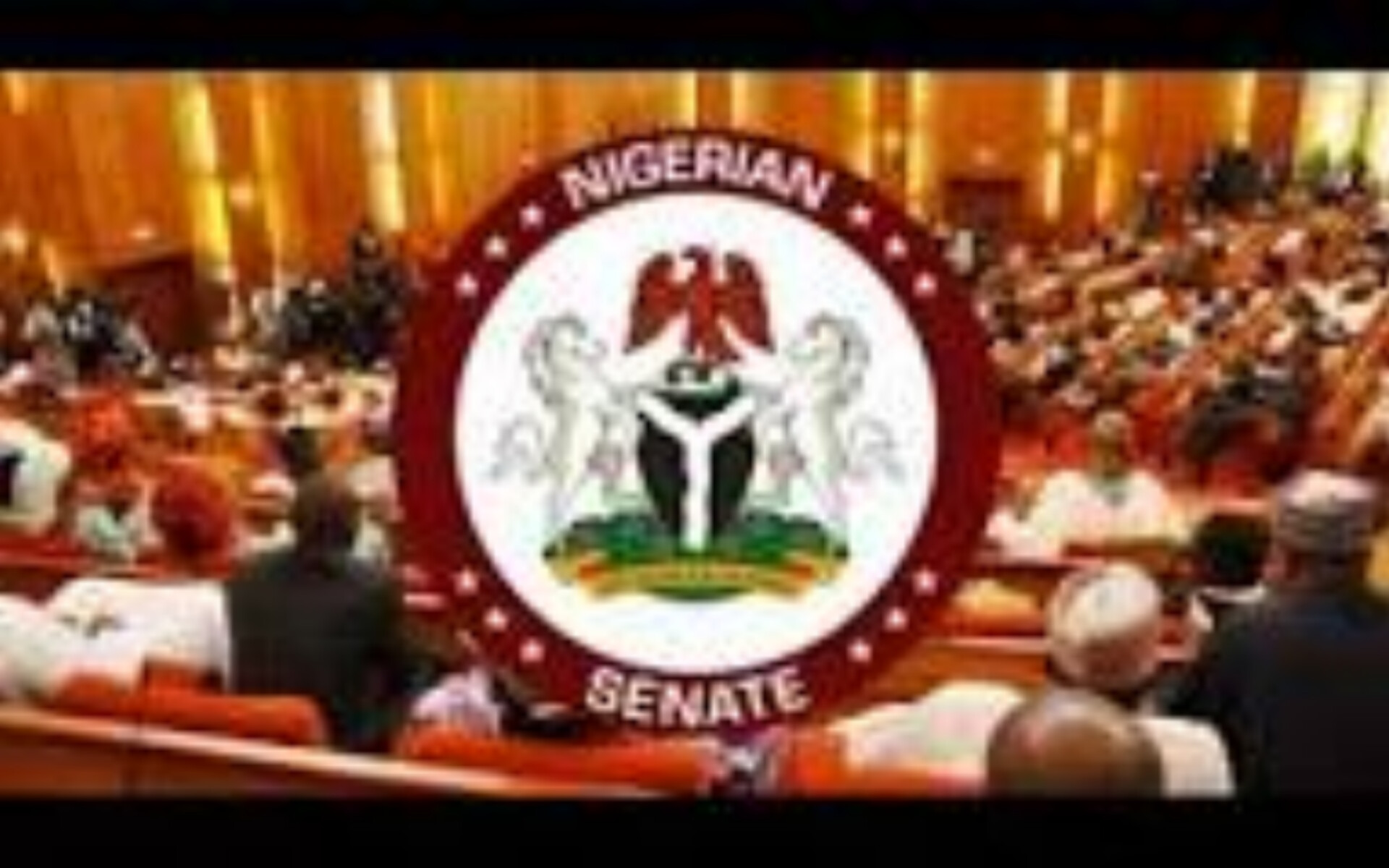The President of the senate Ahmad Lawan on Friday warned on the danger the monumental loss of oil revenues due to activities of oil thieves who steal crude oil on daily basis pose to the economy
Lawan indicated that if they are not stopped the economy would go under.
Lawan spoke in a speech he delivered at the presentation of the 2023 Budget estimates by President Muhammadu Buhari to a joint session of the National assembly.
He said the situation becomes more unfortunate with the Budget deficit estimated at N7 trillion and the grim prospect of its increase to about N11.30 trillion as presented in the 2023 – 2025 Medium Term Expenditure Framework / Fiscal Strategy Paper (MTEF/FSP) is factor in.
“With conflicting figures, projections have put our losses from this malaise at between 700,000 to 900,000 barrels of crude Oil per day, leading to about 29 to 35 per cent loss in Oil revenue in the first quarter of 2022.
“This represents an estimated total fall from N1.1 trillion recorded in the last quarter of 2021 to N790 billion in the first quarter of this year.
“The situation has worsened. Recently, the loss of our Oil has reached 1 million barrels per day. Translated into
monetary terms, our loss is monumental. The figures show we are not able to meet the OPEC daily quota of 1.8million barrels per day.

Lawan said the Oil thieves are the worst enemies of our country as they have declared war on the Country and its people adding that it is time to take drastic and desperate measures against the thieves.
“I strongly feel that if we do not take the necessary measures to stop the thieves immediately, our economy will be devastated, as efforts to provide infrastructure and diversification of the economy would both be thwarted.
He said the country can reduce the deficit by stopping the theft as it also consider other options to source more revenues for government.
“I believe that it is imperative to review the waivers and concessions government has granted to the tune of Six Trillion Naira. In a difficult time like
this, some of the waivers may no longer be justified.
“In the same vein, we should consider taking off some of the major revenue generating agencies from direct funding by placing them on cost of collection of revenues, as we did for Federal Inland Revenue Service (FIRS), Nigeria Customs Service.
“In this regard, agencies like Nigeria Ports Authority, (NPA), Nigeria Communications Commission, (NCC), Nigeria Maritime Administration and Safety Agency, (NIMASA), etc can be given encouraging cost of collections of revenues.
“The National Assembly Committees on Finance and the Federal Ministry of Finance, Budget and National Planning should jointly look into this matter immediately.
“The condition would require courageous fiscal policy to redress, by reducing the deficit, not just to avoid further increases in our debts, but to ensure macro-economic stability, grow confidence in the system and guarantee sustainable economic growth.”
He said the National Assembly will support policy frameworks geared towards prudence, transparency and accountability through rigorous appropriation.




